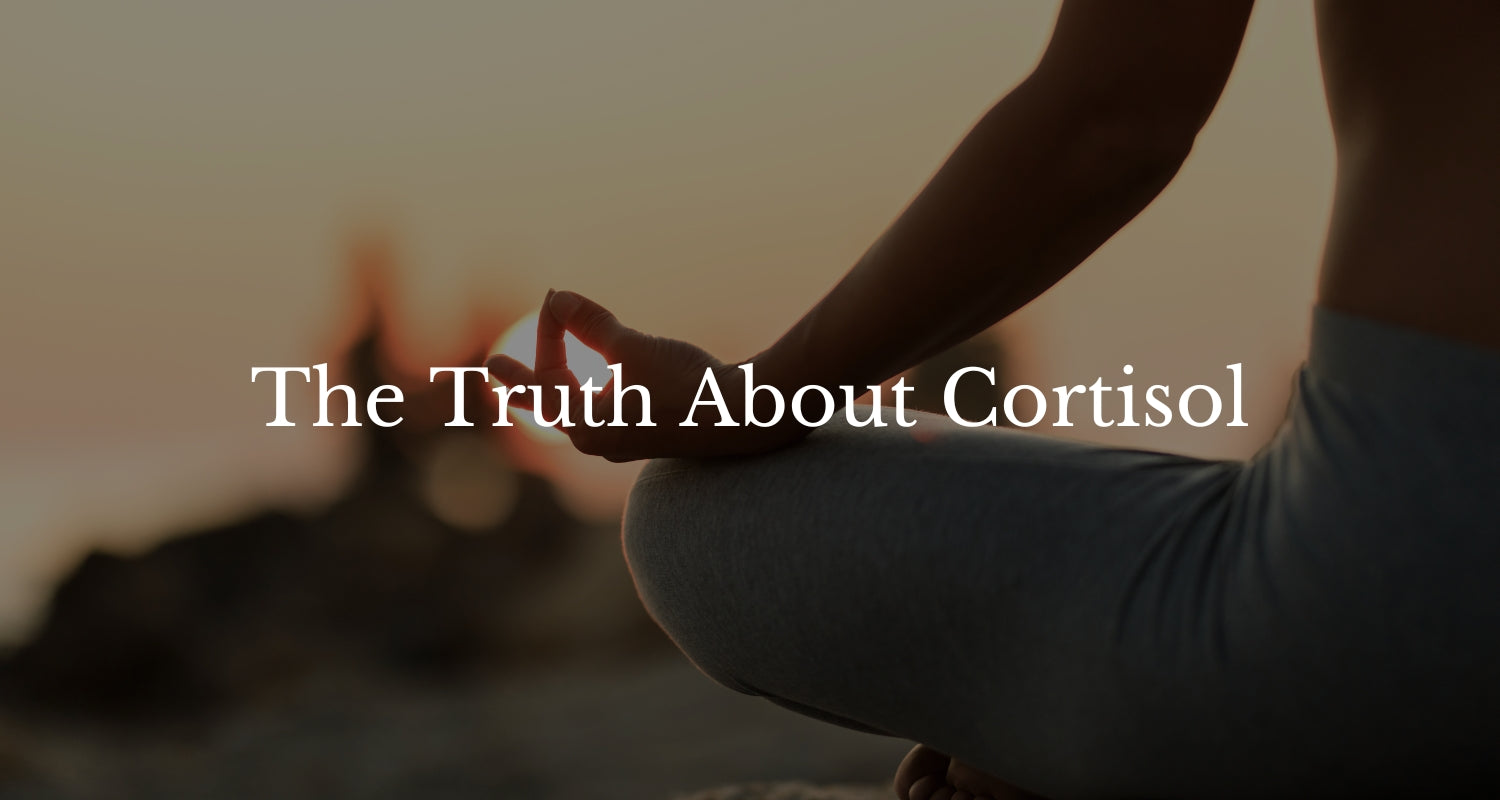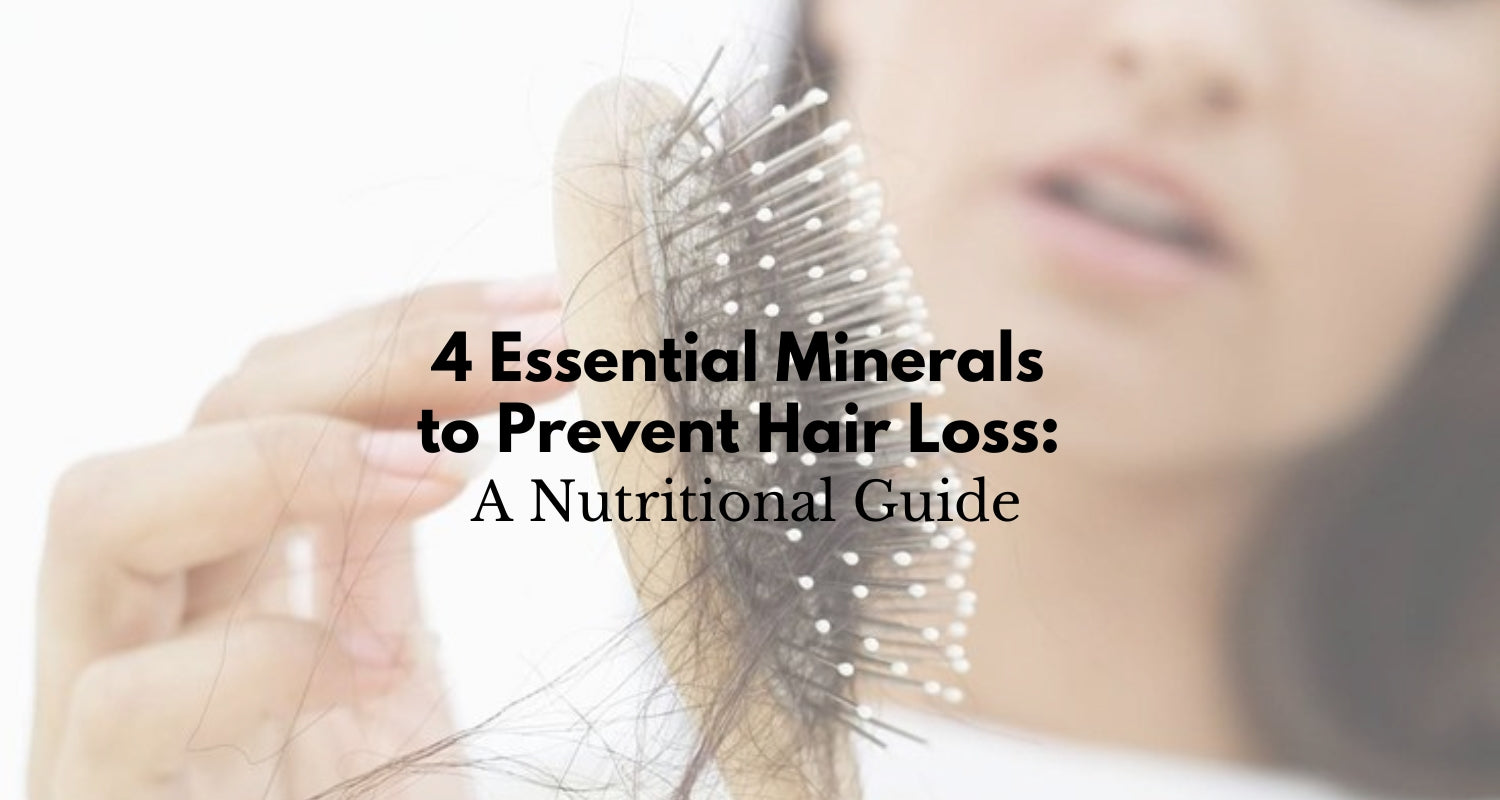
The Truth About Cortisol
Recent events have changed almost everything about the day-to-day life in the United States, from work and education to travel and recreation. And, according to the American Psychological Association, these changes have led to a significant amount of consternation. In the APA’s annual Stress in America poll, participants expressed higher levels of general stress and for the first time since the survey began in 2007, reported a significant increase in overall stress.
It can be expected that an increase will lead to a corresponding rise in the number of people dealing with health issues. Psychological stress is a major cause of chronic and inflammatory health conditions, including those that affect the heart, immunity, blood sugar, and digestive and nervous systems. And of all the parts of the body impacted by stress, none is more affected than the skin.
The key to understanding the relationship between stress and the skin lies in the hormone cortisol, which is secreted in response to both physical and psychological duress. Under conditions of elevated cortisol: wounds don’t heal well, the skin becomes more susceptible to infection, production of water trapping hyaluronic acid is inhibited, dark spots appear, collagen and connective synthesis are impaired, pores are enlarged, and oil (sebum) secretion increases creating a shiny appearance.
Basically, every skincare issue from acne to accelerated aging to eczema to xerosis can be caused by stress and associated elevated stress hormone. This makes reducing cortisol and both physiological and psychological stress an important, if not the most important, strategy for eliminating skin problems. So, lighten up and relax, you’ll be enjoying life more, improving many of the markers of health, and you’ll be helping keep the body’s largest organ healthy, youthful and beautiful.
7 Easy Ways to Lower Cortisol
- Keep blood sugar stable, stay away from highly processed carbohydrates and limit ingestion of sugary foods.
- Develop good breathing habits. Practice SDR (Slow, Deep, Rhythmic) breathing at least 10 minutes a day. You can download an app like iBreathe or Breethe that will guide you through the process of healthy respiration.
- Meditate! It’s not hard, and the upside for reducing anti-beauty cortisol can be dramatic. All you have to do is attempt to watch your thoughts (not eliminate them, which is impossible) in a detached way. It’s like a vacation for your mind and a guaranteed way to lower cortisol.
- Use nutritional supplements, especially Vitamin C and the B-complex both of which help the body handle stress. Essential Fatty Acids may help counteract cortisol’s effect on healing, and Magnesium, GABA, and Tryptophan (or 5-HTP) can have significant calming benefits.
- Make sure you have regular sleep habits, as well as quality sleep. Elevated cortisol is associated with chronic insomnia, as is shift work.
- Enjoy warm baths. The effects of immersion in slightly higher than body temperature water can have a near-immediate lowering effect on cortisol.
- Saunas can help too! Researchers have shown that spending time in a sauna can counteract some of the symptoms associated with elevated cortisol, including increasing hydration, decreasing oiliness, and improving skin circulation.


